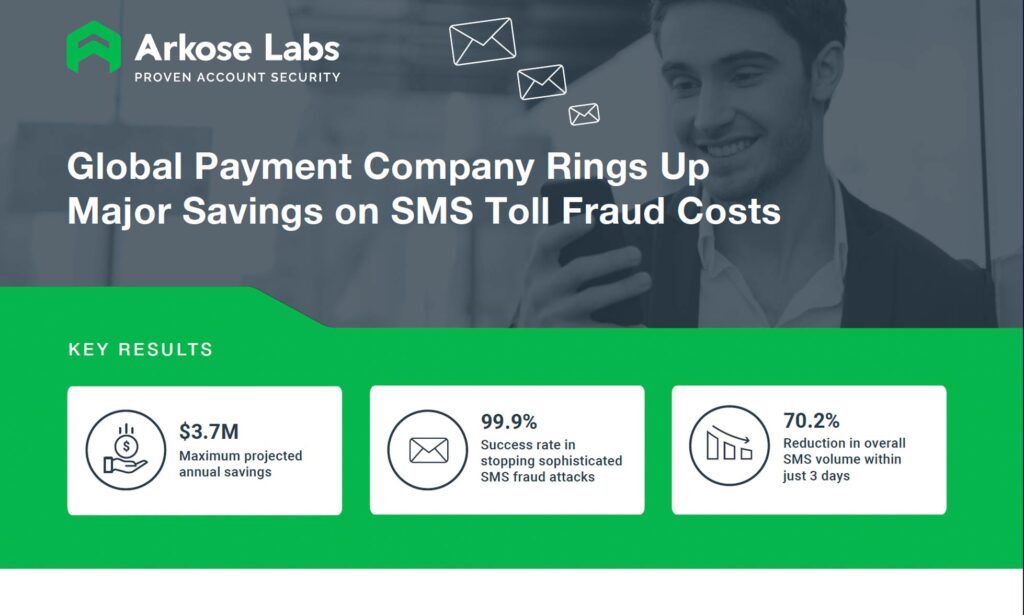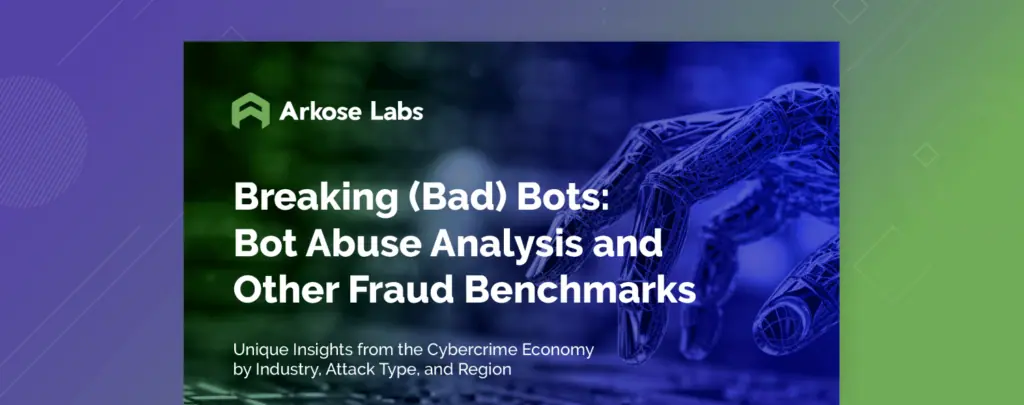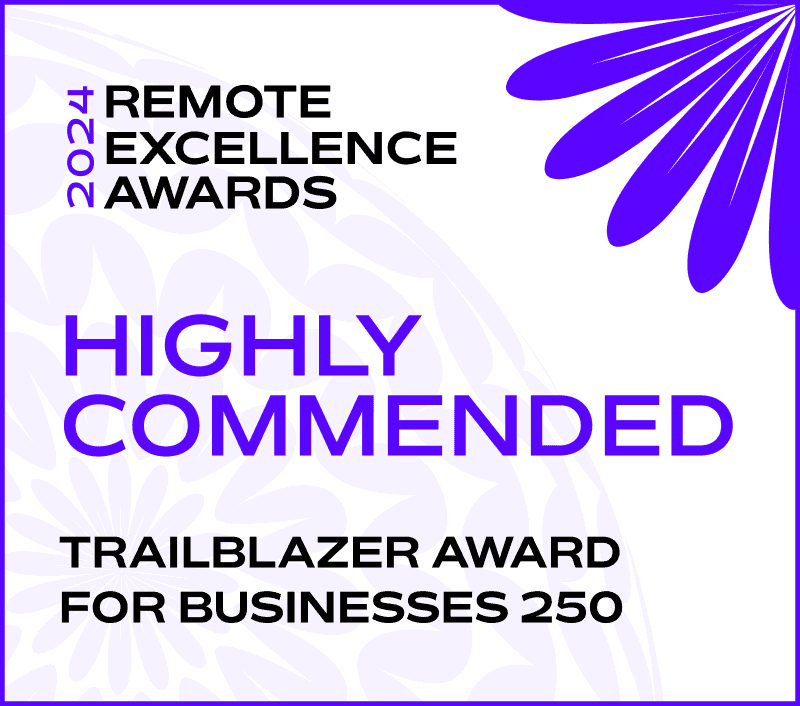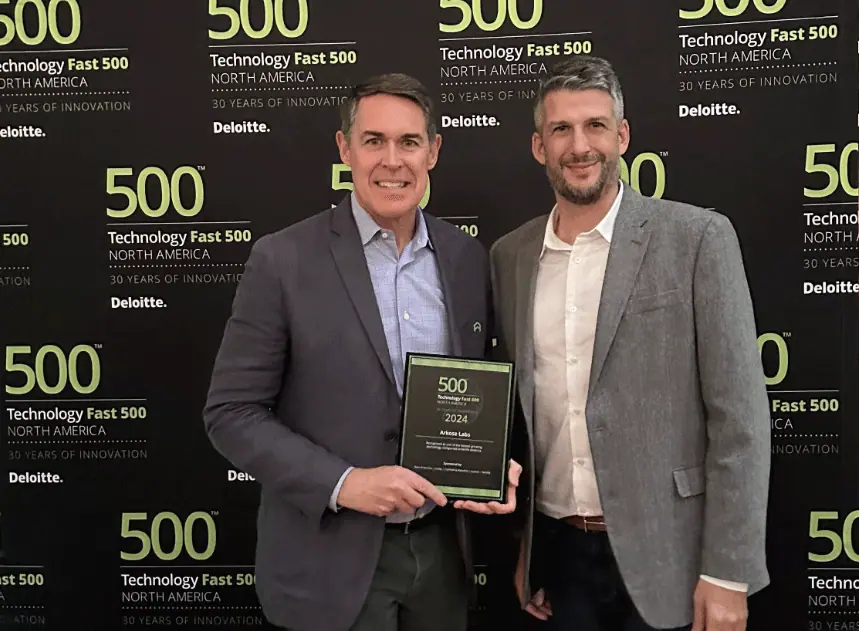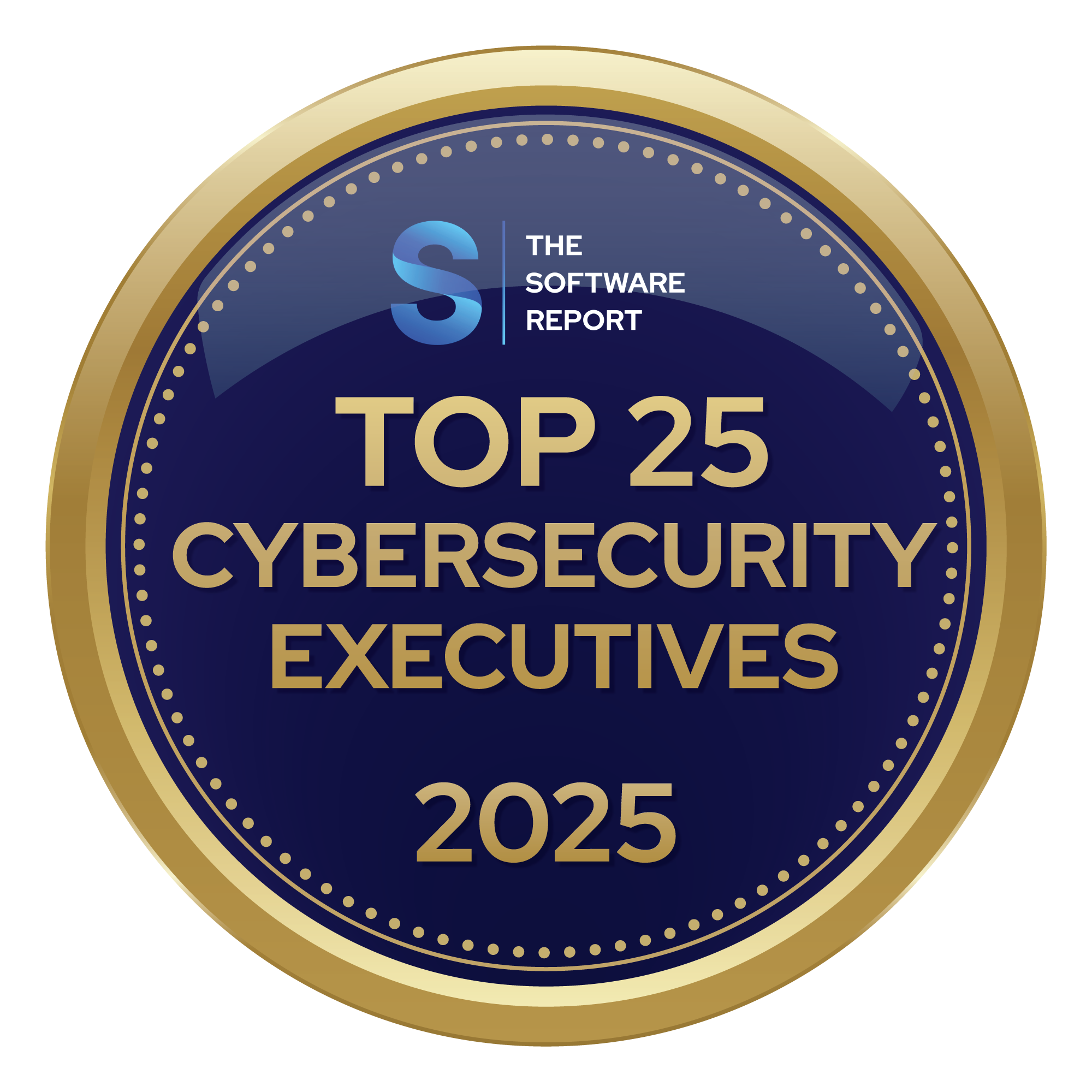WHY ARKOSE LABS
Detect cyber threats. Protect customer trust. Propel brand growth.
Together we’ll slash the volume and internal costs of bot attacks and online fraud while optimizing user experiences.
Enable your genuine customers, mitigate bots and improve your cyber risk and online fraud decisioning.
Discover the Arkose Labs solutionTogether we’ll slash the volume and internal costs of bot attacks and online fraud while optimizing user experiences.

Selected by the world’s largest brands who prioritize customer experience, risk mitigation, and scalability above all else.

Digital footprint, biometrics, device intel and more supplemented with a cross-industry intelligence network to secure online transactions and improve fraud decisioning.

Arkose Labs actively neutralizes threat actor groups and destroys the ROI of the most advanced, AI-powered attackers.
Drive real growth by safeguarding the integrity of your digital experiences and the trust that customers place in them.
SEE CUSTOMER STORIES



Defense-in-depth detection addressing the most advanced attacks with adaptive responses that stop bots, sabotage attackers’ ROI and optimize your good users’ experience.

Threat intel, multi-layered device fingerprinting, and behavioral detection

AI-resistant challenges, varying based on risk

Battle-tested, proven at speed and scale, 98%+ CSAT

Backed with SLAs and million-dollar warranties

